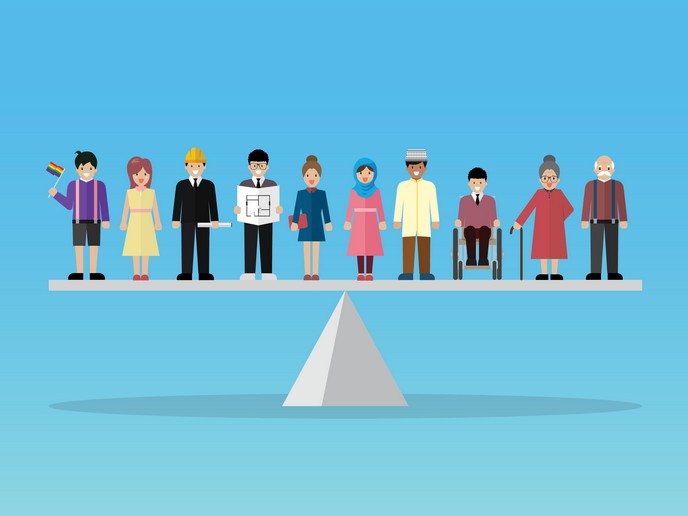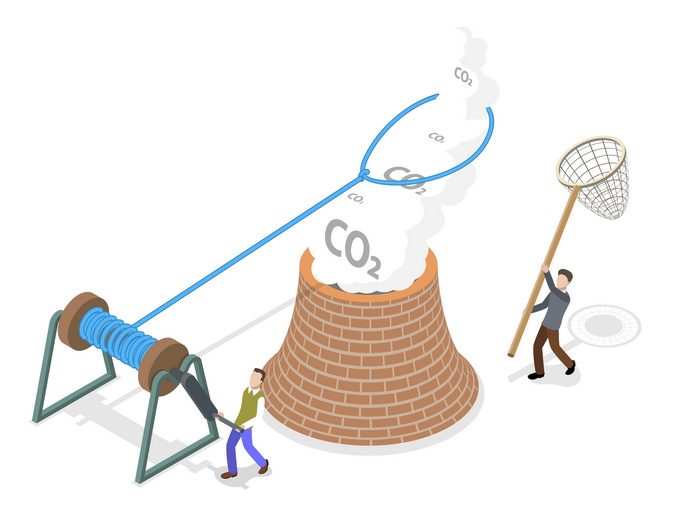Enhancing protection against poverty and social exclusion
More than 20 % of people living in the EU – nearly 100 million people – were at risk of poverty or social exclusion in 2021. Social protection policies exist, and new skills acquisition is a part of them. The question is how well they are addressing the problem and whether they have undesired consequences. The EU-funded EUROSHIP project set out to answer these questions and develop policy recommendations to strengthen social citizenship. The umbrella conclusion is that policymakers and citizens must collaborate to identify real needs and meet them. A ‘participatory democracy’ fosters engagement, initiative and success.
A human-centred, supportive and collaborative approach
According to Rune Halvorsen of Oslo Metropolitan University, scientific coordinator of EUROSHIP: “Our ‘life course approach’ systematically studied the experiences and lived consequences of economic hardship among individuals at increased risk of poverty and social exclusion with a focus on age group, gender, ethnicity, long-term care needs, digital technology access and different institutional arrangements.” For young adults engaged in the transition from school to work, there was a growing push towards the ‘work first’ approach, activation and conditionality – ‘activating’ or motivating unemployed individuals to become employed with a ‘stick’, making social benefits including training opportunities conditional on certain behaviours. However, it was evident that young adults benefit most from policies that increase their opportunities to gain work experience, find permanent employment or learn new skills without the threat of failure or stigma. The project found that if persons at risk of poverty are provided real opportunities to exercise influence on the services they receive through greater collaboration with public authorities, they are more likely to be committed and to show initiative. This is seen in the private sector as well. EUROSHIP found that, in many countries, non governmental organisations played a key enabling role in helping persons with severe socioeconomic disadvantage improve their skills. This occurred through informal practical experiences that suited individual circumstances and abilities and without fear of failure or stigma. For highly marginalised individuals, outcomes suggest that formal training needs to be accompanied by or even preceded by considerable support in other domains, including healthcare, housing and different forms of counselling. One young man who moved from southern Europe to England after losing his parents and grandparents volunteered on committees and worked to help improve policies for the homeless, developed his skills and saved money to transition to living independently. In his own words, his experiences at the charity gave him a sense of purpose and self-worth and made him feel that meaningful work was not only important but possible.
A stronger social contract between individuals and governments
“Fostering a stronger Social Europe is not only about making the welfare state services more effective in an instrumental sense but equally about democratic rights and fostering an avenue for more power balance between providers and recipients, helping representatives of these agencies to achieve better collaboration with the target groups, stimulating self-organisation and initiatives from these groups that are considered valuable to the individual and society,” Halvorsen explains. EUROSHIP developed new tools for monitoring and improving EU social citizenship, including the ‘European Social Rights Indicator’, a multidimensional composite. “The models, concepts and indicators we have developed will support the monitoring and implementation of the European Pillar of Social Rights with benefits for all,” Halvorsen concludes. EUROSHIP has set sail, creating a compass to guide the EU towards a future without poverty.
Keywords
EUROSHIP, poverty, skills, social citizenship, social exclusion, social rights, training, European Pillar of Social Rights, social benefits, welfare







